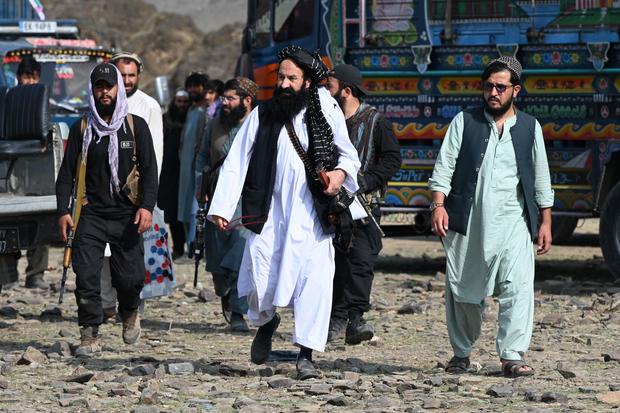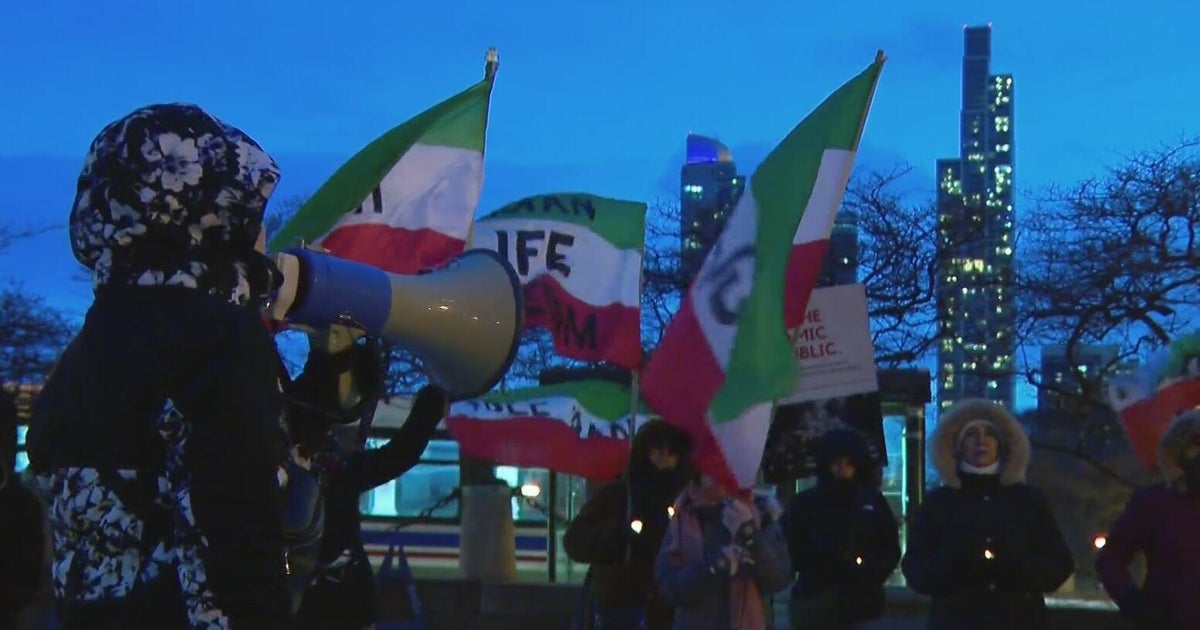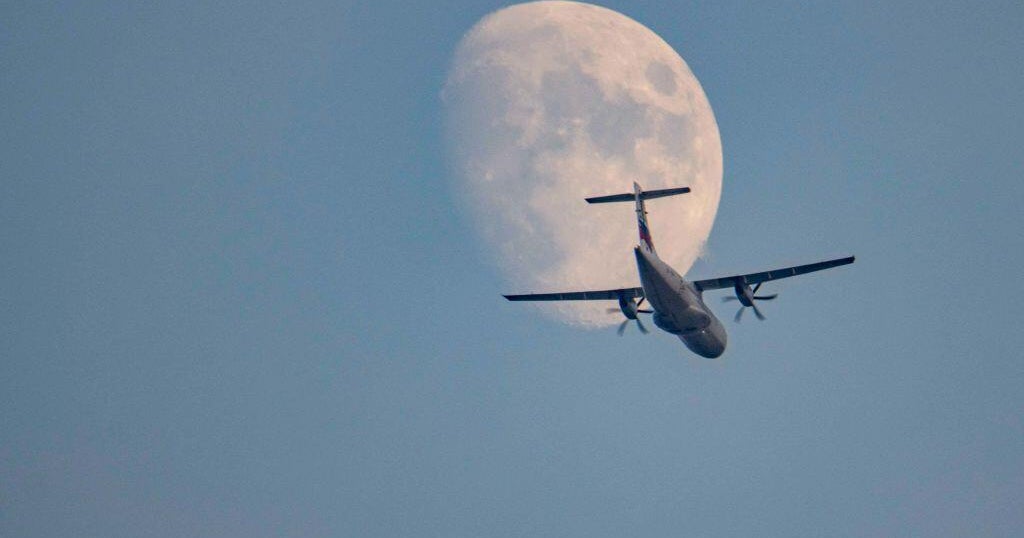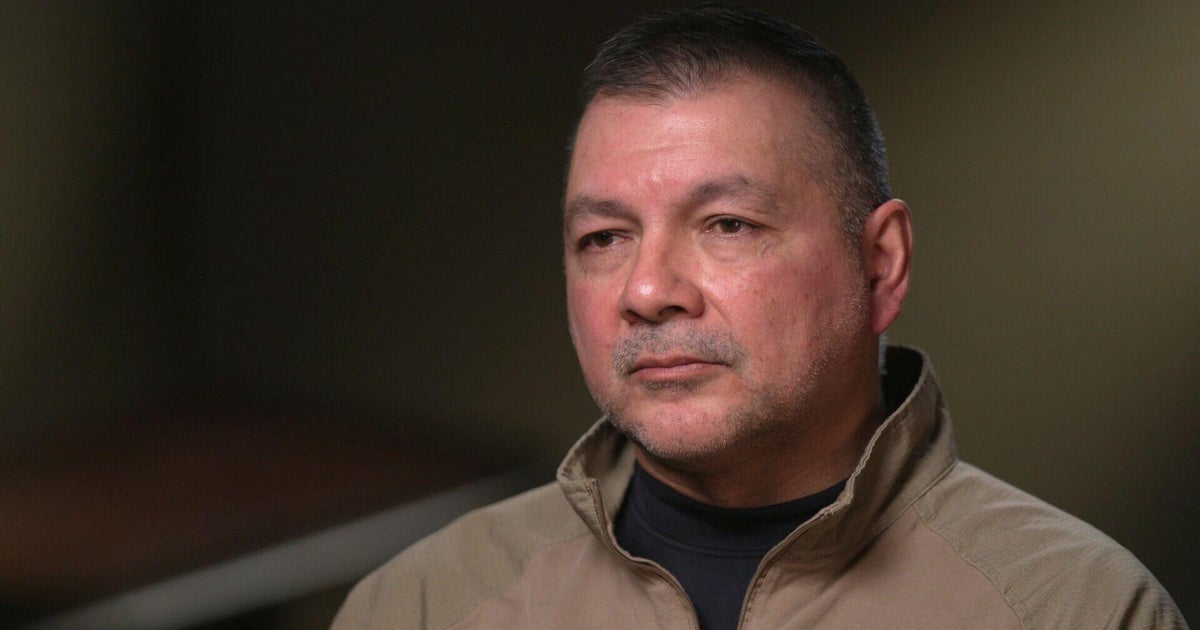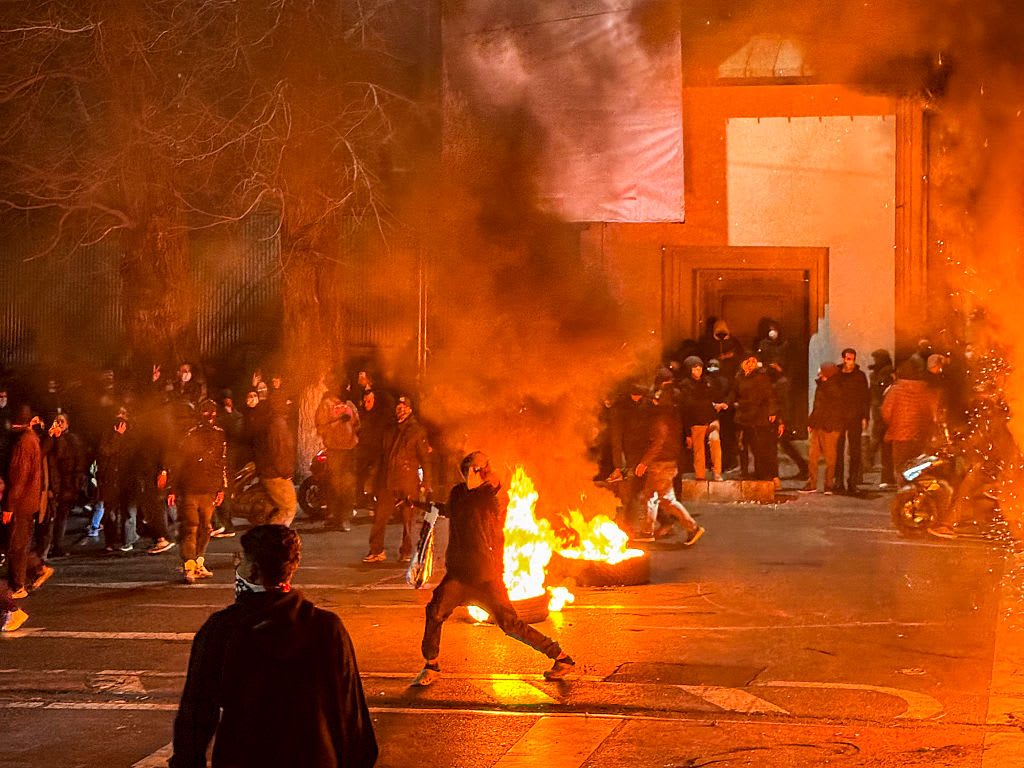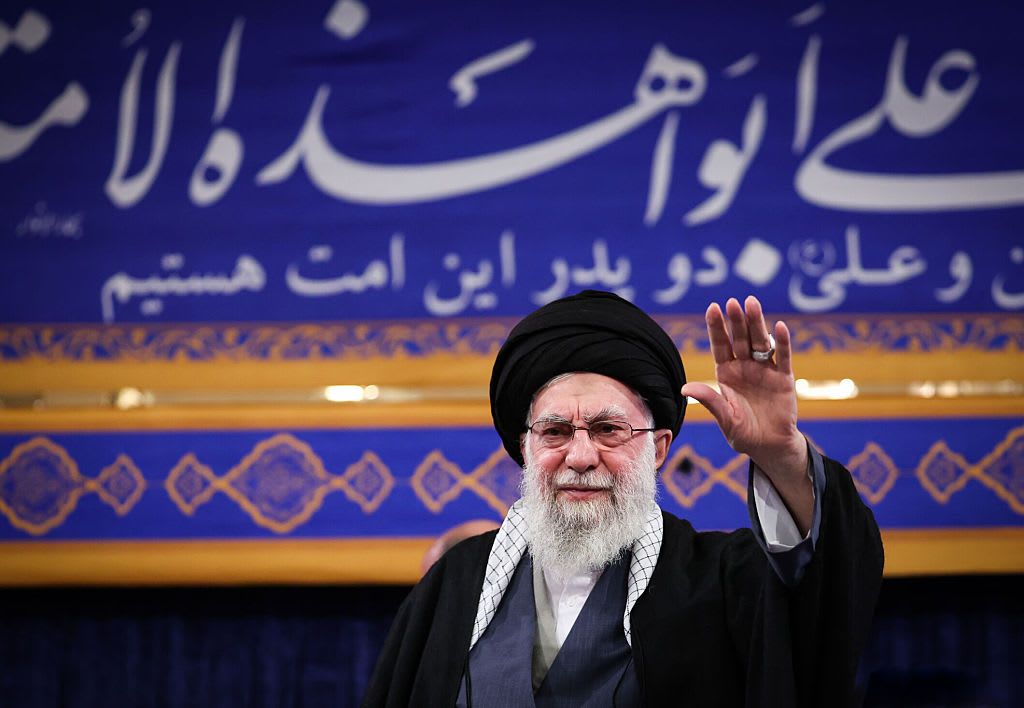Explosion in Afghanistan kills Taliban regime's minister for refugees Khalil Ur-Rahman Haqqani
The minister for refugees in Afghanistan's Taliban government was killed in an explosion Wednesday at the ministry's headquarters in the capital Kabul, multiple senior officials with Taliban regime told CBS News. The blast at the Ministry of Refugees killed minister Khalil Ur-Rahman Haqqani, two officials told CBS News' Sami Yousafzai.
A senior official at the Taliban-run Ministry of Interior later told CBS News the minister was killed in a suicide attack along with at least four of his associates. The Taliban's chief spokesman, Zabihullah Mujahid, later confirmed Haqqani's death in the attack and blamed the country's ISIS branch.
The Interior Ministry official told CBS News the assailant had disguised himself as a visitor, pretending to have a physical disability, before targeting Haqqani with his explosive device as the minister left his office to attend prayers.
The Taliban, the Islamist group that's ruled Afghanistan for the second time since August 2021, has faced repeated attacks on its senior figures and security forces since then, many of them carried out by the regional branch of the ISIS terror group, known as ISIS-Khorasan or just ISIS-K.
Haqqani was the brother of Jalaluddin Haqqani, the late founder of the notorious Haqqani network. The closely affiliated group was responsible for some of the most violent attacks during the Taliban's two-decade insurgency in the wake of the U.S.-led 2001 invasion to topple the previous Taliban government. He was also the uncle of Sirajuddin Haqqani, the network's commander who is currently serving as Afghanistan's interior minister.
Following the collapse of the Western-backed Afghan government in 2021, Khalil Haqqani was one of the few Taliban commanders to enter Kabul. Known for his imposing presence, he often carried his rifle to official meetings, even when meeting with other senior figures.
His death represents a significant blow to the Taliban, particularly to the Haqqani network's leadership. Both the Taliban and the Haqqani network are designated as terrorist organizations by the U.S. government, and while they overlap and both hold key positions in the de-facto regime currently running Afghanistan, they're also locked in their own internal power struggle.
The U.S. government had offered a $5 million reward for information leading to the capture of Khalil Haqqani.
Violence has generally decreased in Afghanistan since the Taliban stormed back into power in the summer of 2021, when U.S. and allied NATO forces pulled out in a chaotic withdrawal that remains the subject of intense scrutiny in Washington.
The regional ISIS branch, however, has remained active in Afghanistan and regularly targets both Taliban regime officials, civilians and foreign nationals. Their attacks are seen largely as an effort to undermine the Taliban's rule.

